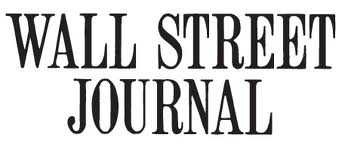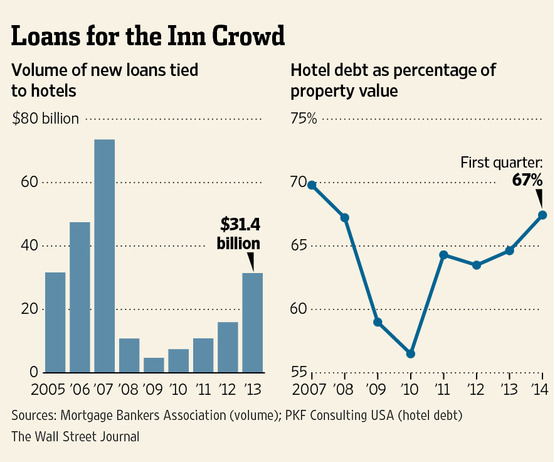 FINRA is rounding up the crooks in the bank channel. The regulatory watchdog recently barred three more bank advisors from the industry, adding to the two it banished in April.
FINRA is rounding up the crooks in the bank channel. The regulatory watchdog recently barred three more bank advisors from the industry, adding to the two it banished in April.
Two of the three brokers recently banned were registered with JP Morgan Securities. Kirk Eric Archibald allegedly created unauthorized bank ATM cards while employed as a personal banker and then used them to make unauthorized transactions that resulted in a loss of $19,150, according to BrokerCheck and a settlement letter that he signed with FINRA.
Michael Linfeng Zheng, the other disgraced advisor from JP Morgan Securities, allegedly took an unattended bank customer’s debit card and programmed the card’s PIN on a coworker’s computer. He then used the debit card at a nearby ATM to steal $404 from the customer’s account.
Ann Maria Ferrao was with HSBC Securities. FINRA permanently barred her from the industry for allegedly misappropriating funds from clients’ bank accounts for the benefit of other clients and for her own personal benefit, according to the settlement letter she signed.
JP Morgan, which dismissed both Archibald and Zheng, did not return a call seeking comment. And HSBC, which fired Ferrao, declined to comment. Archibald, Zheng and Ferrao could not be reached.
The regulator also suspended an advisor registered with Wayne Hummer Investments, the investments and insurance arm of Wintrust Financial Corp.’s wealth management division. Arnold Steven Janickas was suspended for two years for allegedly borrowing a total of $805,000 from a customer to buy and renovate a house. Contrary to FINRA rules and Wayne Hummer’s written policies and procedures, Janickas accepted four unsecured loans in the amounts of $550,000, $75,000, $100,000, and $80,000, without notifying or obtaining approval from the firm. He repaid $444,882, leaving a loan balance of $360,118, FINRA alleges in its settlement letter with the advisor.
Click here to read the entire story

